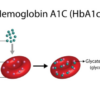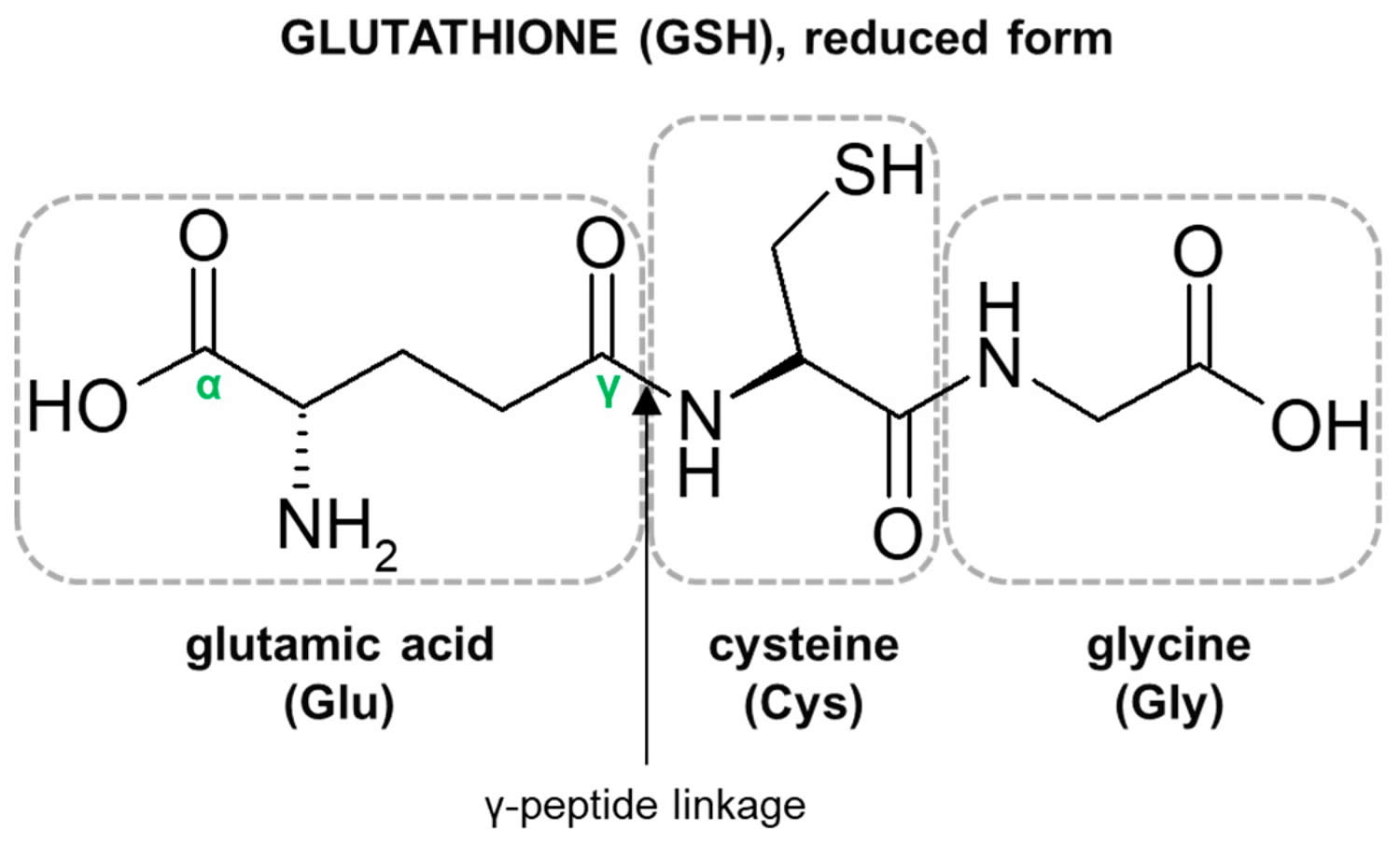Glutathione Blood Test
$139.00
CPT: 82978
Test for Glutathione Status
Glutathione plays a crucial role in the body’s natural detoxification processes, helping to neutralize and eliminate a wide range of harmful substances, including heavy metals and toxins. By maintaining cellular redox balance and aiding in the biotransformation of toxic compounds, glutathione is vital for overall health and wellness.
Glutathione testing can provide insight into an individual’s detoxification capacity and overall ability to manage toxic overload. Reduced glutathione levels can indicate a compromised detoxification system, potentially increasing the risk of harm from environmental toxins, heavy metals, or other harmful substances.
Heavy metal overload or exposure to environmental toxins can lead to decreased glutathione levels, as the body uses its available glutathione stores to neutralize and eliminate these substances. Prolonged exposure or a high level of toxic burden can deplete glutathione reserves, impairing the body’s natural detoxification processes.
Low glutathione levels have been associated with several other conditions, including:
- Chronic Fatigue Syndrome: Glutathione depletion can lead to oxidative stress and inflammation, contributing to fatigue and other symptoms associated with Chronic Fatigue Syndrome.
- Autoimmune disorders: Low glutathione levels can contribute to increased oxidative stress and inflammation, which may play a role in the development and progression of autoimmune diseases like rheumatoid arthritis, lupus, and multiple sclerosis.
- Neurological disorders: Depleted glutathione levels have been observed in individuals with Alzheimer’s disease, Parkinson’s and other neurodegenerative disorders, suggesting a role in the pathogenesis of these conditions.
- Cancer: Altered glutathione metabolism has been observed in various types of cancer, and glutathione is involved in the regulation of cell growth and cell death.
- Cardiovascular diseases: Low glutathione levels can contribute to oxidative stress and inflammation, which are implicated in the development and progression of cardiovascular diseases such as atherosclerosis and heart failure.
It is important to consult with a healthcare professional if you suspect toxic overload, heavy metal exposure, or any health condition that may be related to glutathione levels. They can guide you on appropriate testing, prevention strategies, and treatments based on your specific needs and health status.
Limitations: The test results are solely for investigative purposes. The assay’s performance characteristics, but the findings should not be used for diagnosis without corroborating the diagnosis through another medically established diagnostic product or procedure.


